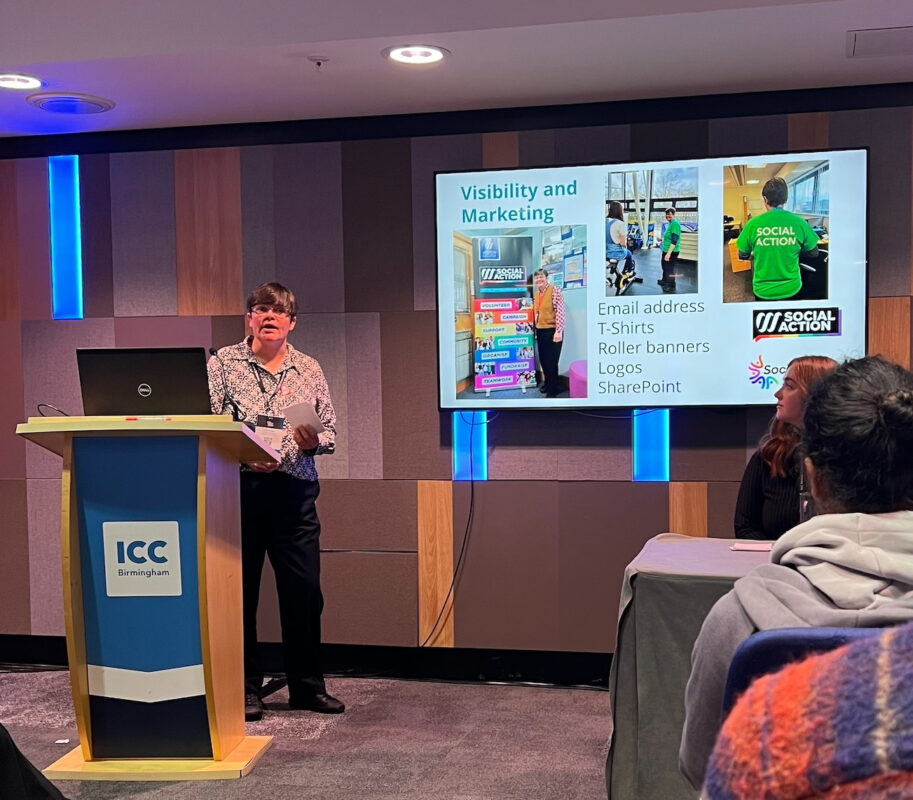Bank of England raises interest rate by 0.5 percentage- Sector Response

- 0.5% increase to 5%, the thirteenth rate rise in a row, taking the base rate to the highest it’s been since 2008
- MPC voted 7 to 2 in favour of rate rise, with the two members preferring to hold at 4.5%
- Inflation is still expected to fall significantly during the course of the year
- Further rate rises not out of the question if there’s “evidence of more persistent pressures”
Chancellor of the Exchequer Jeremy Hunt said:
“High inflation is a destabilising force eating into pay cheques and slowing growth. Core inflation is higher in 14 EU countries and interest rates are rising around the world, but the lesson from other countries is that if you stick to your guns, you bring inflation down.
“Our resolve to do this is watertight because it is the only long-term way to relieve pressure on families with mortgages. If we don’t act now, it will be worse later”.
Sector Response
TUC General Secretary Paul Nowak said:
“This interest rate hike is the result of dangerous groupthink in the Bank of England and Downing Street. Pushing interest rates so high that the economy is driven into recession will only make the current crisis worse, costing people their jobs and their homes.
“Inflation was caused by global energy shocks and government should be doing more to ensure households and businesses benefit as prices fall.
“Instead of scapegoating workers who are desperate for their pay to keep up with prices, ministers should focus on a credible plan for sustainable economic growth and rising living standards.”
Anna Leach, Deputy Chief Economist, CBI said:
“The Bank of England had no choice but to go for a bumper rate rise given that inflation had surprised on the upside for the fourth occasion. The sharper increase will come as a blow to hard-pressed households and businesses who are struggling with rising costs. With further rises likely from the Monetary Policy Committee this summer, the squeeze on firms and households is set to intensify as they grapple with the highest borrowing costs in 15 years.
“In the months ahead, the MPC will be looking for evidence that inflation rates in services and wages in particular are slowing materially before calling an end to rate rises. Meanwhile, the extent of fixed rate mortgages in this tightening cycle increases the risk that rates overshoot. It is a delicate balancing act trying to ensure high inflation doesn’t become embedded in the economy while limiting economic damage.”
Glenn Collins, head of technical and strategic engagement, ACCA UK says:
“While another interest increase seems quite a surprise, it was always on the cards given the high rate of inflation. You can really understand why many business and consumers, even when holding cash, are pulling back from investment currently. The increasing interest rates will have a big impact for many consumers. And the business sector should not be forgotten either. This is starting to look a grim day for businesses who have really struggled over the last couple of years. Small businesses in particular are going to have to manage their cost base and their working capital with great care. “
Jonathan Ashworth, ACCA’s chief economist, says:
“The Monetary Policy Committee surprised market expectations by voting for a larger than expected 50bps rate hike. Seven of the nine members supported the decision, noting that the stronger than expected wage and services inflation data suggested that there was more persistence in the inflation process. Key focus over coming months will be on developments in the labour market and with inflation, but the risk clearly lies in the direction of additional policy tightening.”
Ellie Sawkins, Investment Analyst, Wealth Club said:
“The Bank has moved onto the front foot this month, raising the base rate by 0.5%. While an increase in rates was all but guaranteed following this week’s sticky inflation figures, sentiment was divided over how high the Bank could go. Too small an increase and the Bank risks being labelled ineffective but too large and it could drive the economy into recession.
By a wide margin, the MPC voted for the latter, although opinion was split with two members voting for a hold. Headline inflation was a key driver behind today’s decision, having defied expectations to hold steady at 8.7%. At the same time, core inflation, which strips out more volatile energy and food prices, has continued its march higher, rising at its fastest rate since 1992.
Looking for the positives, real GDP increased in Q1 2023, marginally ahead of expectations and the Bank continues to forecast inflation falling significantly during the course of the year, with food prices in particular, expected to calm.
However, in what has objectively been a difficult week for the Bank, it has continued its tightrope walk between stubborn inflation and an increasingly fragile economy, albeit with small steps. But one wrong move and the consequences could be painful.
Whilst a 0.5% rise will be grim reading for mortgage holders, spare a thought for those in Turkey, where the central bank has just raised interest rates by 6.5% to 15%!”
Senior Economist at the Joseph Rowntree Foundation (JRF) Rachelle Earwaker said:
“Even if this is successful in bringing down inflation, today’s higher than expected rate rise of 0.5 won’t lessen the pain many low-income families are about endure.
“This interest rate hike will have serious consequences for more than a million low-income mortgage holders going without essentials like food, clothes or unable to pay their bills. The full effects of previous rate rises have yet to be seen but what we know for certain is the twin threats of high inflation and now skyrocketing interest rates are weighing heavily on the people caught up in this storm.
“Even those without a mortgage will see their day-to-day lives become even more of a struggle without the lifeline of affordable credit which will all but disappear in light of these rates. Our research shows the staggering amount of people on low incomes who took on debt just to keep their finances afloat cannot be ignored.
“What’s clear is the UK Government is more than a spectator to this escalating crisis. Politicians must protect living standards now and in the future.
“This includes rebuilding the UK’s income safety net so that it reflects the actual cost of essentials, and investing in ways to reduce the UK’s future exposure to price increases across the economic system, including through stronger public services, housing market reform and greater energy efficiency and security.”











Responses